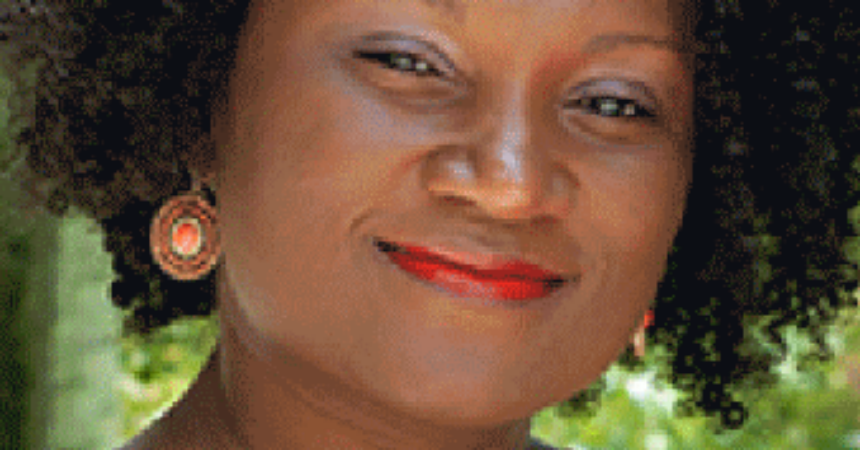
North Florida duo makes COVID-19 rural outreach their goal

LaToya O’Neal 
Dreamal Worthen
J. Scott Angle
Special to the Outlook
LaToya O’Neal and Dreamal Worthen care about your community in part because they’re from places like it. They know that although the Department of Health has COVID-19 vaccines, they’re not available 24/7 or within a few minutes’ distance and that you may have questions before deciding what’s best for you and your family.
O’Neal and Worthen are spending time in Gadsden, Jackson and Franklin counties because they don’t want people in those communities left behind as millions of Americans get vaccinated.
It’s personal for O’Neal. She saw up close how type 2 diabetes and hypertension limited the ability of the grandfather who raised her in rural Mississippi to enjoy his golden years. It didn’t have to be that way. He had the power to make different choices to take charge of his health. So do today’s Floridians, and she wants a different outcome for the greater Tallahassee area’s rural residents.
Worthen grew up in a historically Black neighborhood in Franklin County known as The Hill. She returns regularly, most recently to help residents have a voice in land use planning.
Their United States Department of Agriculture-funded work aims to make neighboring counties healthier places through science-based information.
Right now their focus is COVID-19 vaccines. But for the past four years, O’Neal has been visiting rural North Florida to better understand how to curb obesity, diabetes, hypertension and other health challenges in places that don’t have boutique grocery stores, 24-hour health clubs and sprawling medical centers.
O’Neal, a University of Florida Institute of Food and Agricultural Sciences faculty member, and Worthen, a faculty member at Florida A&M University, aren’t telling people what to think. The population they want to reach are what we might call wait-and-seers. They may not have gotten the vaccine because either it hasn’t been convenient or because they want to see how vaccinations have worked out for friends and neighbors.
In coming months, you can expect to see O’Neal and her team members outside churches, at town hall-type meetings, with local leaders in a community health coalition and driving your main streets and back roads. Worthen also plans to visit barber shops and AME churches.
In recent work in Bradford, Putnam, Suwannee and Taylor counties, O’Neal partnered with pastors, connecting with people through their faith communities. The folks she reached have planned more meals, taken a closer look at nutrition labels and dietary recommendations, made fewer trips to the fast-food drive-through window, eaten more fruits and vegetables, drank more water and exercised more. O’Neal has received national recognition for her local work.
The backbone of Florida’s second-largest industry, the farming communities UF/IFAS serves, is in rural counties. We rely on a healthy rural workforce to feed us. As the only university with a presence in every Florida county, UF has a special obligation to serve the needs of those who don’t have the same access to services that city residents enjoy. We care about the whole of rural communities, including the health and wellness of residents.
It’s not just about COVID-19. Some day there may be another pandemic, and a new vaccination campaign.
If you want to connect with O’Neal, Worthen or their team, you can email them at latoya.oneal@ufl.edu and helen.worthen@famu.edu.
O’Neal’s grandfather had limited access to medical care because he chose to live in a rural community. O’Neal doesn’t want rural Floridians to have to make that tradeoff.
- Scott Angle is the University of Florida’s Vice President for Agriculture and Natural Resources and leader of the UF Institute of Food and Agricultural Sciences (UF/IFAS).







